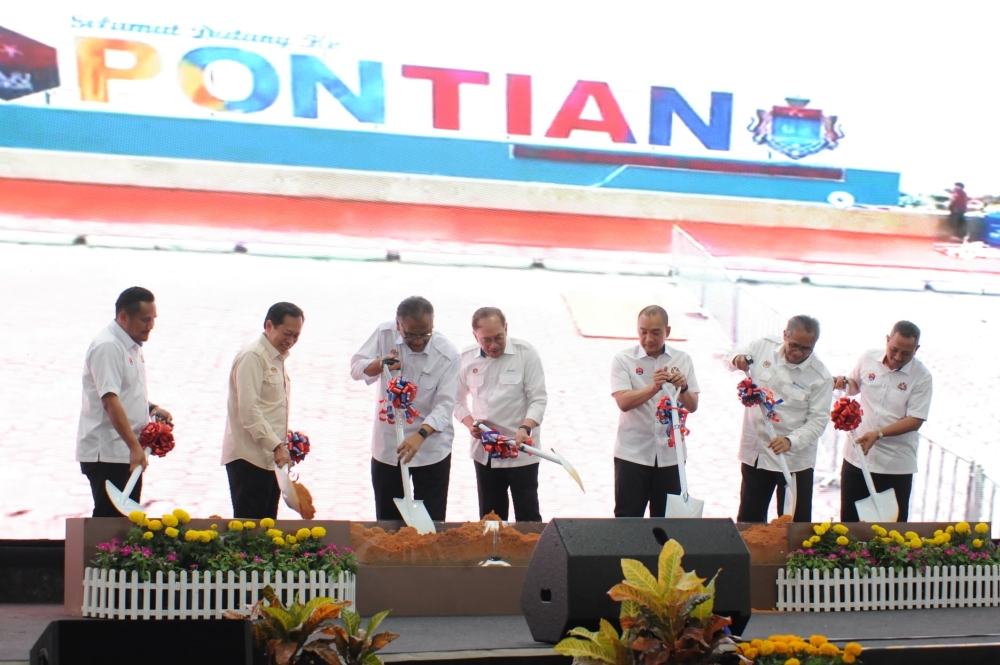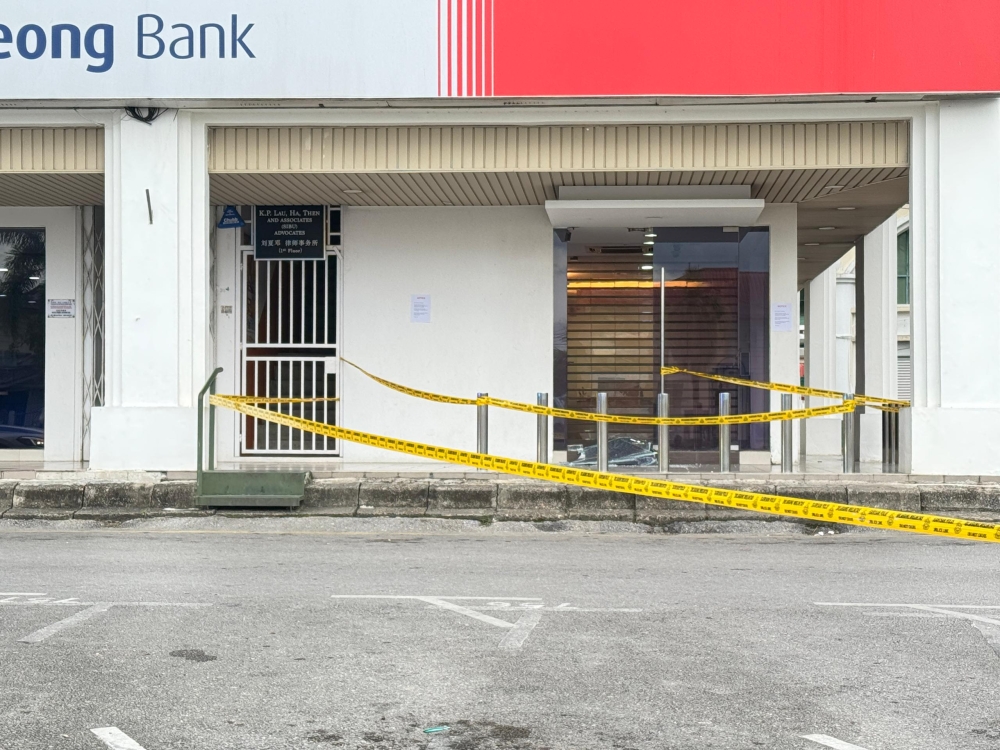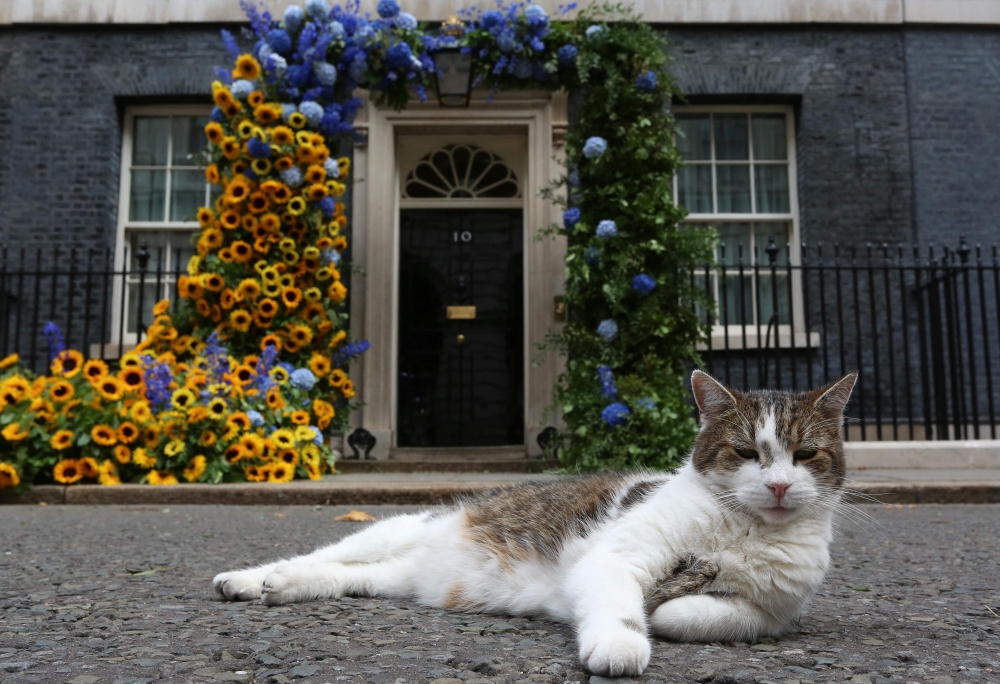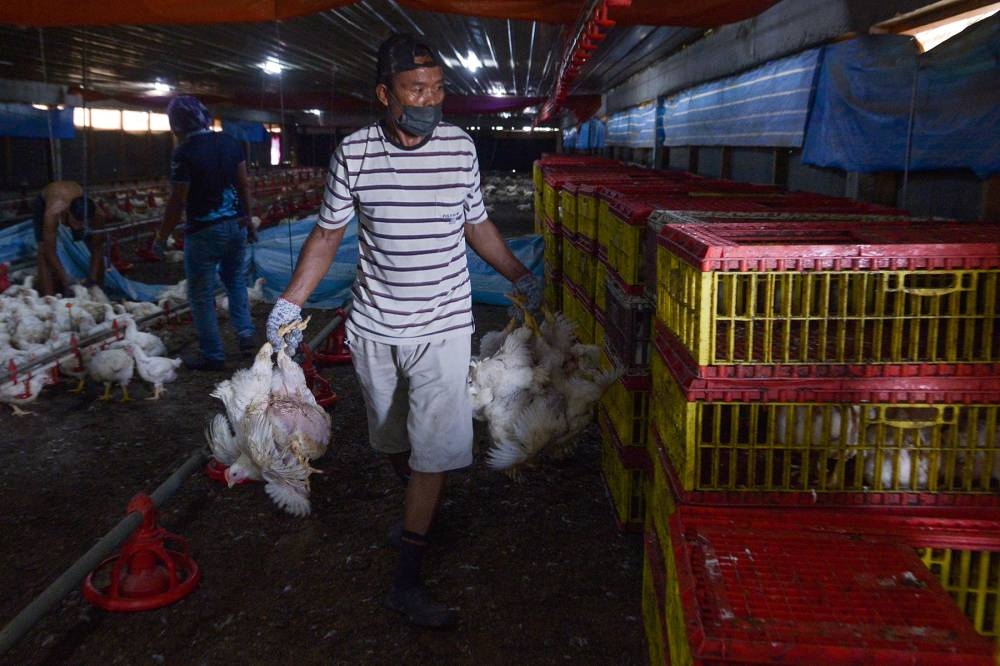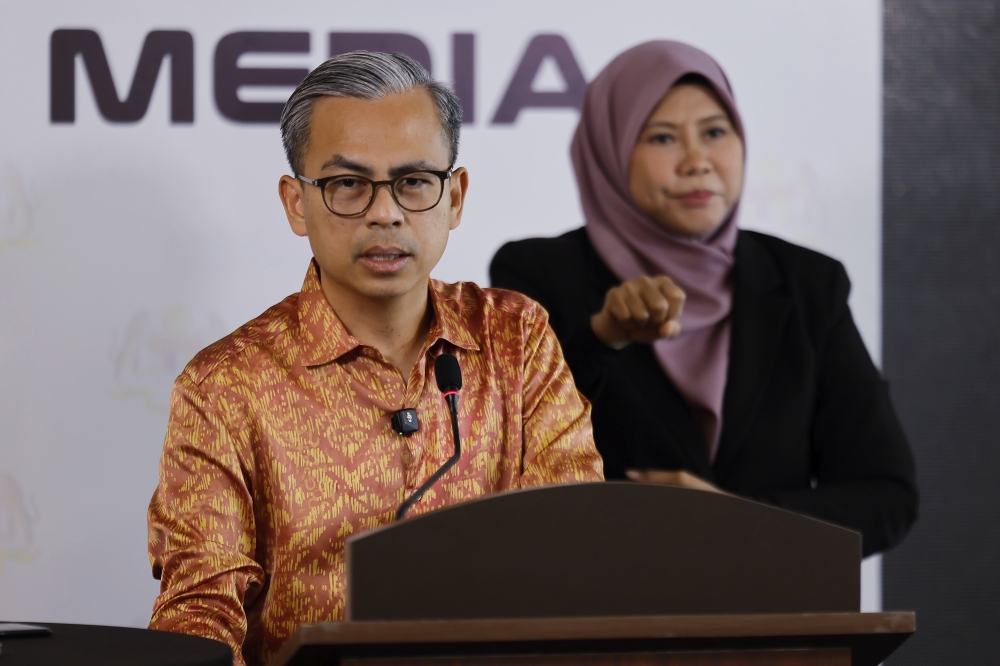KUALA LUMPUR, Aug 4 — Johor poultry farmers have reportedly urged the federal government to lift the chicken export ban to Singapore, citing concerns that the country would lose out to competitors such as Indonesia.
The Star quoted the breeders as saying that Singapore had imported 34 per cent of chicken or 3.6 million birds from Malaysia worth RM84.24 million in 2020, with Johor Poultry Breeders (Small and Medium) Association secretary Lau Ka Leng pointing out that the country can return to exporting them as the supply in the country has stabilised.
"The longer we delay, the higher the chances of us losing out to other countries that are now exporting chicken to Singapore. Malaysia still has the upper hand due to its location and the ability to send live chicken supplies that will be processed and frozen in Singapore.
"We do not want the island republic’s consumers to be accustomed to the chicken supply from Indonesia, which is frozen, chilled and processed meat,” he was quoted as saying.
Lau also said Malaysia has another advantage in that chickens from Indonesia cost more due to shipping costs, adding the association has sent a request to the government to lift the export ban.
Lau added that the industry would only be able to export one million birds per month to Singapore now as compared to three million before the export ban was implemented on June 1.
Meanwhile, Johor Chicken Wholesaler Association president Mohd Azmi Abdullah said the poultry industry could suffer losses if the lifting of the export ban is delayed as the country has an oversupply of chicken at the moment.
"The ceiling price for chicken is RM9.40 per kg. When oversupply occurs, the price of chicken will go down, but at the same time, the cost of breeding chickens does not change.
"Those with huge capital might be able to survive with the help of the government subsidy, but the smaller breeders will have to run their business at a loss and eventually close down,” he was quoted as saying.
Mohd Azmi suggested the government remove the ceiling price of chicken and only introduce it during festive seasons, adding that such a move has been employed before.
"If the government is worried that the export might reduce our supply, then limit it. We could always start the export with 10 per cent or 30 per cent and gradually increase the figure when needed.
"This is crucial if we want to make sure there is a flow in our market,” he said, adding that another wave of supply shortage would occur in September if poultry breeders decide to reduce supply to cut costs.
On August 1, Agriculture and Food Industries (Mafi) Minister Datuk Seri Ronald Kiandee said that chicken industry has stabilised after facing shortage a few months back.
The Beluran MP said that Malaysia’s move to abolish approved permits (APs) and allowing the import of chickens from other countries, as well as disallowing the export of chicken overseas have contributed to the recovery of the industry.
He added that the Malaysian chicken industry has been recovering so well that it now faces an oversupply, causing prices to plummet lower than the ceiling price set by the government.
The government had earlier banned the export of up to 3.6 million chickens from June 1 in its efforts to tackle supply and pricing issues.
Prior to this, Singapore imported about a third of its chicken, or more than two million birds per month, from Malaysia.
Following Malaysia’s export ban, Singapore said it expects more supplies of chilled chicken from Australia, Indonesia and Thailand, as well as frozen chicken from Brazil and the United States.










